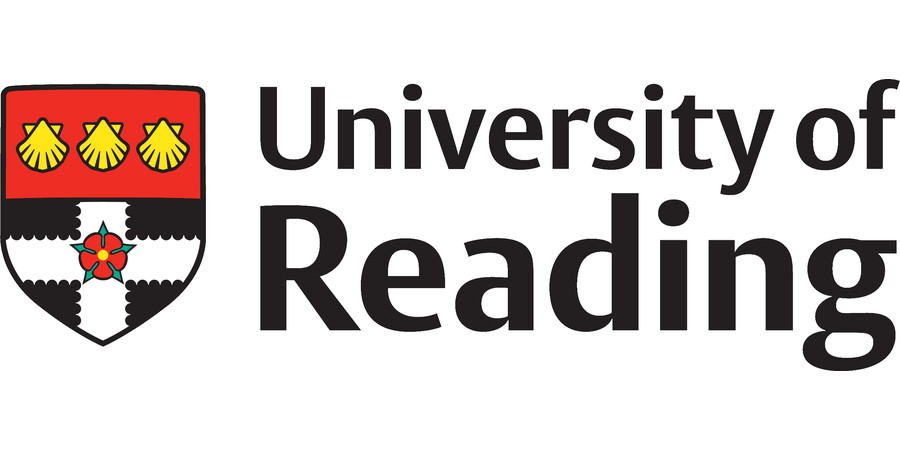PhD Studentship: ShadeScape: Mapping Urban Shade for Cooler Mobility and Resilience to Extreme Heat Events in Reading
University of Reading
| Qualification Type: | PhD |
|---|---|
| Location: | Reading, Remote/On-site |
| Funding for: | UK Students |
| Funding amount: | £16.43 per hour |
| Hours: | Full Time, Part Time |
| Placed On: | 22nd May 2025 |
|---|---|
| Closes: | 20th June 2025 |
Supervisor details:
Lead Supervisor
Alice Haughan, a.haughan2@reading.ac.uk, University of Reading, Department of Sustainable Land Management
Project description:
This project will assess the availability and distribution of shaded pedestrian routes in Reading, with the aim of identifying priority areas for shade provision to support equitable and heat-resilient urban mobility. Green infrastructure can provide vital shading and cooling along walking routes used for commuting, recreation, and accessing services. However, the spatial distribution of this service, and its accessibility to different communities, remains poorly understood. As extreme urban heat events become more frequent, access to shaded walking routes is becoming an increasingly important environmental and public health issue.
Using an integrated approach that combines spatial analysis and field-based data collection, this project will assess how canopy cover varies across walking routes in Reading and which communities benefit from this ecosystem service. The student will map pedestrian networks using GIS and combine this with existing vegetation data. Field surveys will be conducted to validate the spatial data by measuring shade and surface temperature. The student will analyse the accessibility of shaded routes to different communities by incorporating socioeconomic data.
Outputs will include a map of Reading’s shaded walking routes and recommended priority areas for future intervention to support equitable access to this urban ecosystem service.
This project aligns with NERC’s remit by addressing interactions between environmental variables and human health, resilience to extreme events, and the societal implications of environmental change. It provides a valuable opportunity for the student to develop quantitative and fieldwork skills, while contributing to applied research with policy relevance for urban sustainability, health and climate resilience.
Student profile:
Some basic experience with GIS (either ArcGIS or QGIS) is required for the project. This could be through a module on your programme or by independent learning. Support will be provided to gain confidence and experience in GIS to be able to complete the project.
Support:
Students will be based in the Sustainable Land Management research group and have access to work space, support from project staff, invitations to join group meetings and seminars and to join a friendly group of researchers, many of whom are PhD students and early career researchers.
Feasibility:
The project is being conducted alongside a teaching-intensive lecturer who has capacity over the summer to support the student with project development, site selection, data collection and GIS mapping.
Suggested timeline: 1 week project design and development, 2 weeks GIS mapping, 1 week fieldwork, 2 weeks collate and summarise findings alongside socioeconomic data.
Scope for initiative:
The student is able to tailor the project to match their interests within the scope of the study, for example, there could be opportunities to conduct short social surveys or to focus more heavily on fieldwork rather than GIS mapping. There are opportunities to demonstrate original thought and initiative particularly in the field data collection design and method.
Remote Working:
Is this project suitable for remote working? Yes
Remote working details: This project could be done remotely but the fieldwork component would need to be conducted in Reading. The project could be modified to reduce the amount of fieldwork if this is of less interest to the student.
Flexibility:
Is it possible to do this project part-time? Yes
How to apply:
Apply online via the above ‘Apply’ button.
Advert information
Type / Role:
Subject Area(s):
Location(s):









